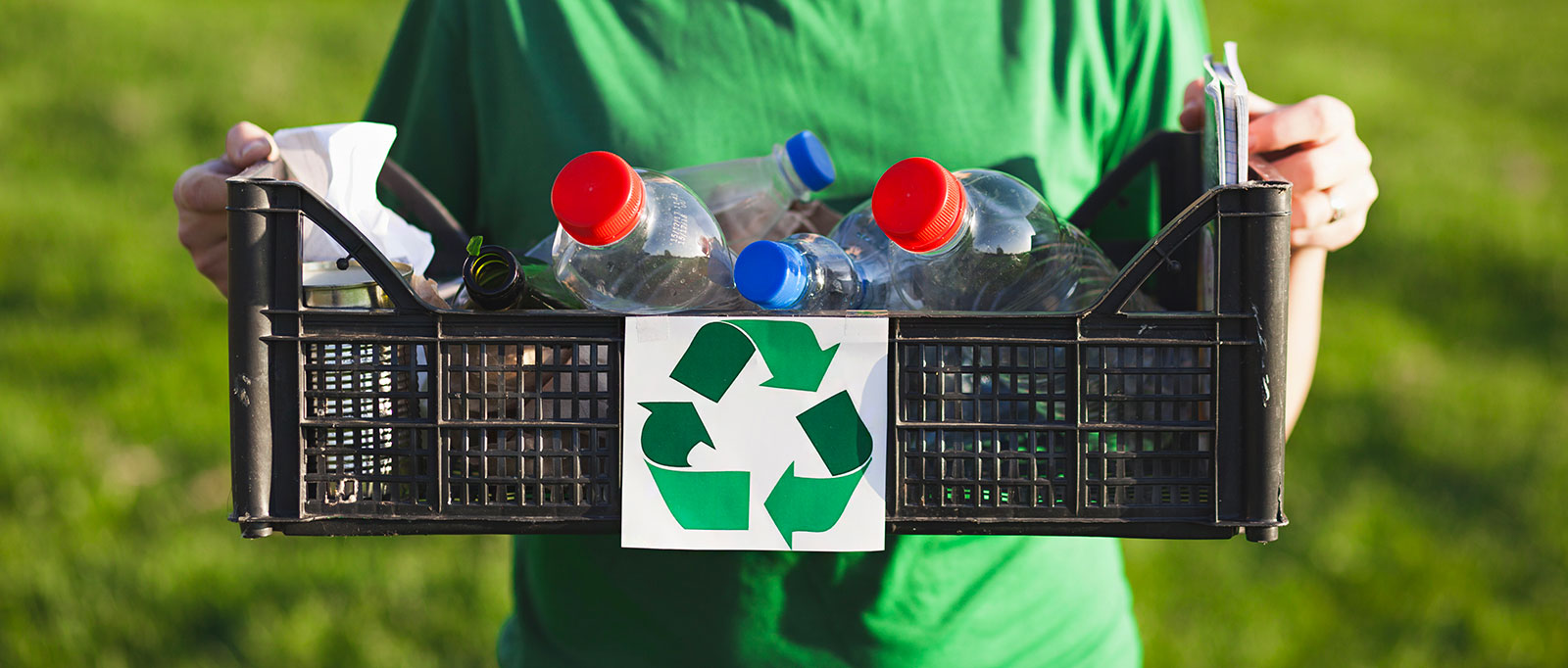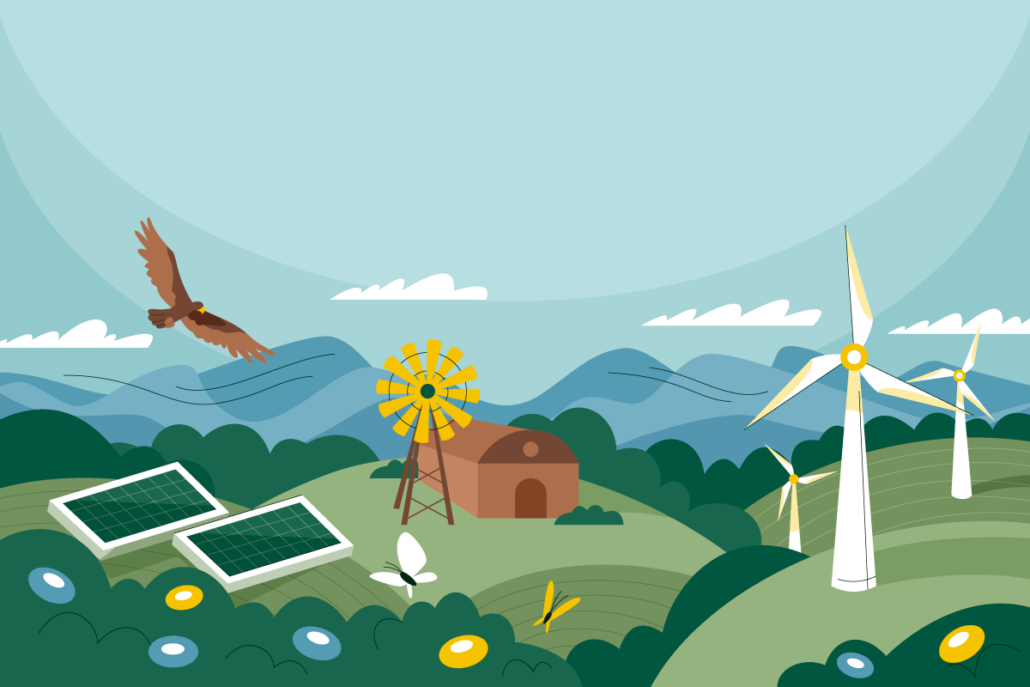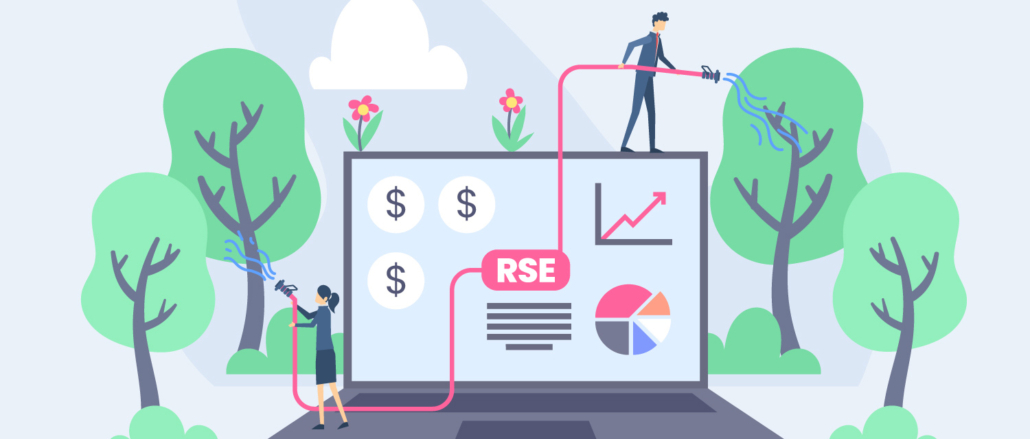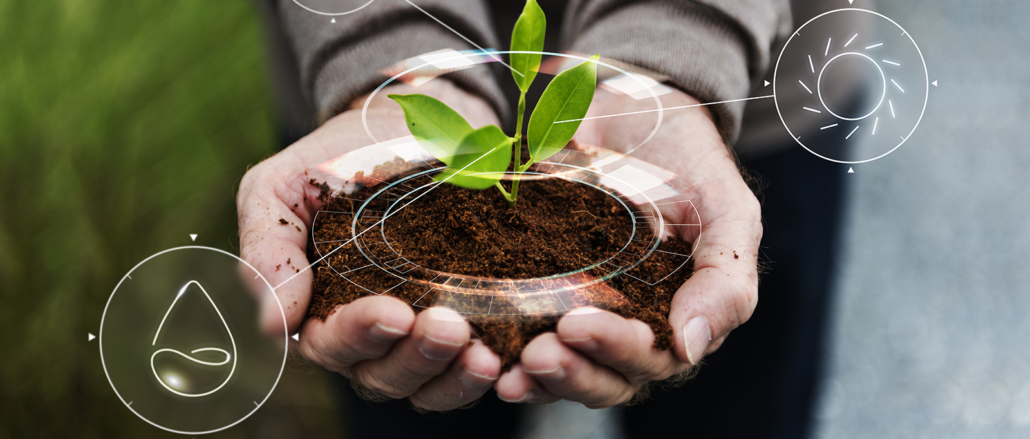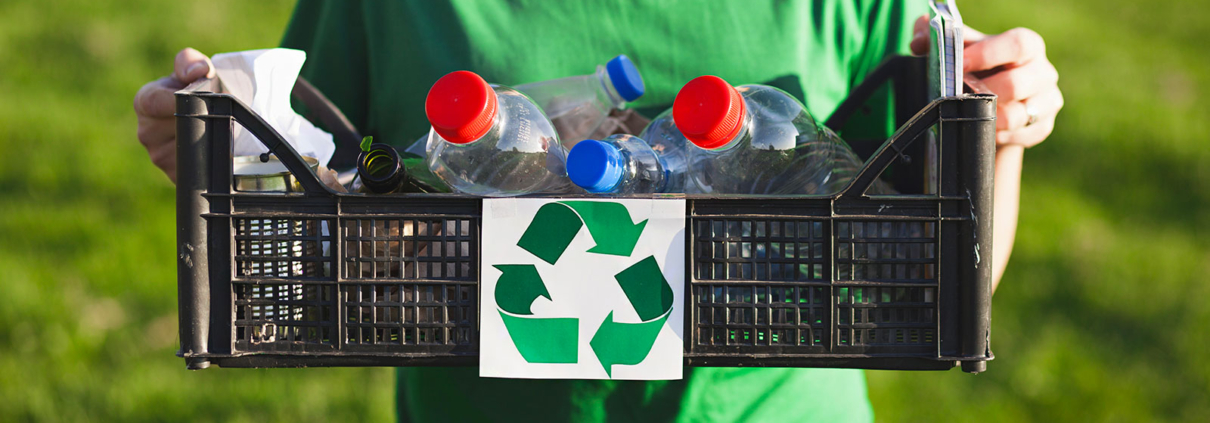
The European Commission has issued recommendations to France to improve recycling of household waste and plastic packaging. The recommendations include improving bio-waste collection, promoting deposits for plastic packaging and developing incentive-based pricing systems. France has launched a consultation on the introduction of a deposit for plastic bottles, but some associations and local authorities are opposed.
The deposit for plastic bottles is a measure that involves adding a sum of money to plastic drinks bottles, which is refunded to the consumer when the bottle is returned to a collection point. This measure is intended to encourage consumers to recycle bottles rather than throw them away. However, some associations and local authorities are opposed to this measure, believing that it will not be effective and will cost too much to implement.
In France, the recycling rate for household waste is 42%, whereas the target set by the EU was 55% by 2025. For plastics, the recycling rate for plastic packaging was just 27% in 2019, against a target of 50% by 2025. Only nine EU Member States are on track to meet the recycling targets set by Europe.
The importance of recycling
The recyclingavoids wasting natural resources and energy, secures the industry’s supply of raw materials, and reduces environmental impact.
Incorporating recycled materials reduces energy and water consumption and CO2 emissions. Recycling in France saves 20 million tonnes of CO2 emissions every year. Recycling is a response to industrial production, growing demand and environmental and economic constraints.
Recycling has led to the industrialisation of recycling that we see today, driven by the circular economy.
Recycling strengthens national independence in terms of raw materials supply, but it is important to continue efforts in this area. Researchers are proposing innovative sorting techniques to preserve the purity of materials. However, recycling faces two major obstacles: dependence on the supply of raw materials and competition with virgin materials.
Our Solution : CircularPlace
Currently, there is no comprehensive reuse platform for businesses, which can make it difficult to manage unsold stock in a sustainable and responsible way.
CircularPlace enables the recovery and reuse of second-hand equipment from companies in order to improve the carbon impact of their activities. Our solution has been specifically designed to meet the constraints and challenges imposed by the AGEC Act.
We offer to sell, donate and recycle your company’s goods and equipment. We are the first complete reuse platform. Our easy-to-use solution adapts to your every need. We take the time to get to know you, so that we can offer you the best re-use platform for you.
With this in mind, CircularPlace has developed a marketplace for the resale of your unsold non-food products between professionals, and puts you in touch with non-profit organizations to recover your products.
You can also opt for a white-label solution that will enable your company to circularize your equipment internally and engage your employees around ecological themes.
Don’t throw away any more, opt for the second hand!
Read also
Questions about CircularPlace?
